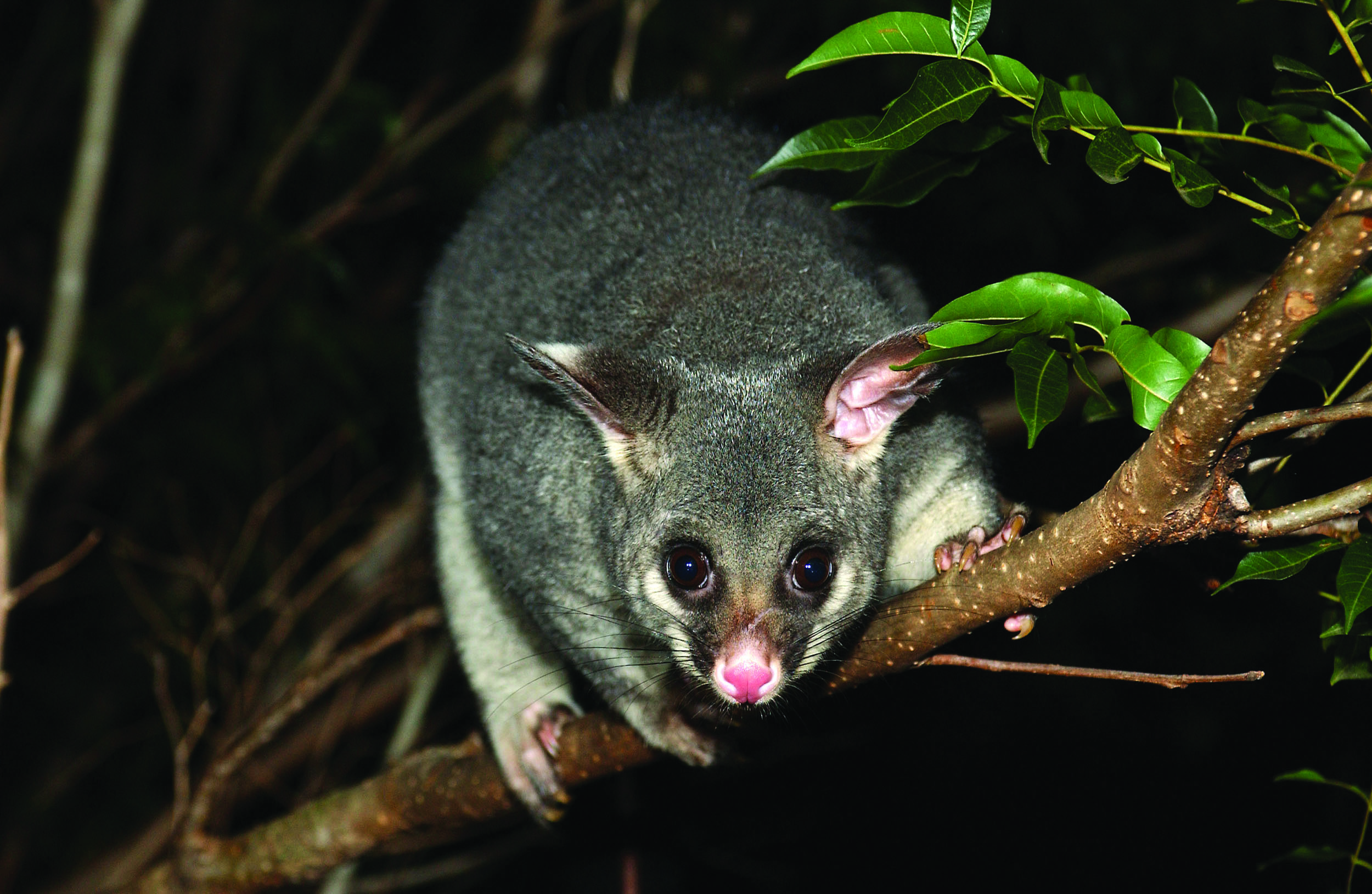An additional $1.5m will be used by the University of Melbourne to study mosquitoes in areas around Victoria where Buruli ulcers have been reported
The federal government has increased it funding for research into the Buruli ulcer following reports of a sharp spike in cases of the disease over the last four years, particularly in regional Victoria.
An additional $1.5 million will be used by the University of Melbourne to study mosquitoes in areas around Victoria where Buruli ulcers have been reported.
Buruli ulcers are caused by a mycobacterium, Mycobacterium ulcerans, which destroys tissue locally, creating a gaping wound that can take months to heal.
The two-year study will be led by Melbourne University’s Professor Tim Stinear, and will be one of the first investigations of its kind to study the transmission of the Buruli ulcer.
Mosquitoes carry the M. ulcerans infection, as do ringtail and brushtail possums, but little is known of what role possums may play in the transmission cycle.
Canberra has earlier provided $2.4 million in funding for research into the disease.
The incidence of Buruli ulcer has increased at an alarming rate. In 2016, there were 182 new cases in Victoria – the highest ever reported by 72%.
“This is a horrible and painful medical condition and research is vital to get to the bottom of this new health challenge,” Federal Health Minister Greg Hunt said in a statement.
“My hope is that research will eventually identify a common source of the cause of this type of bacterium, which will lead to faster diagnoses, treatment and prevention strategies.”
Buruli ulcers are treated with a combination of rifampicin and clarithromycin, antibiotics that cause side effects a quarter of patients and are not subsidised by the PBS.


